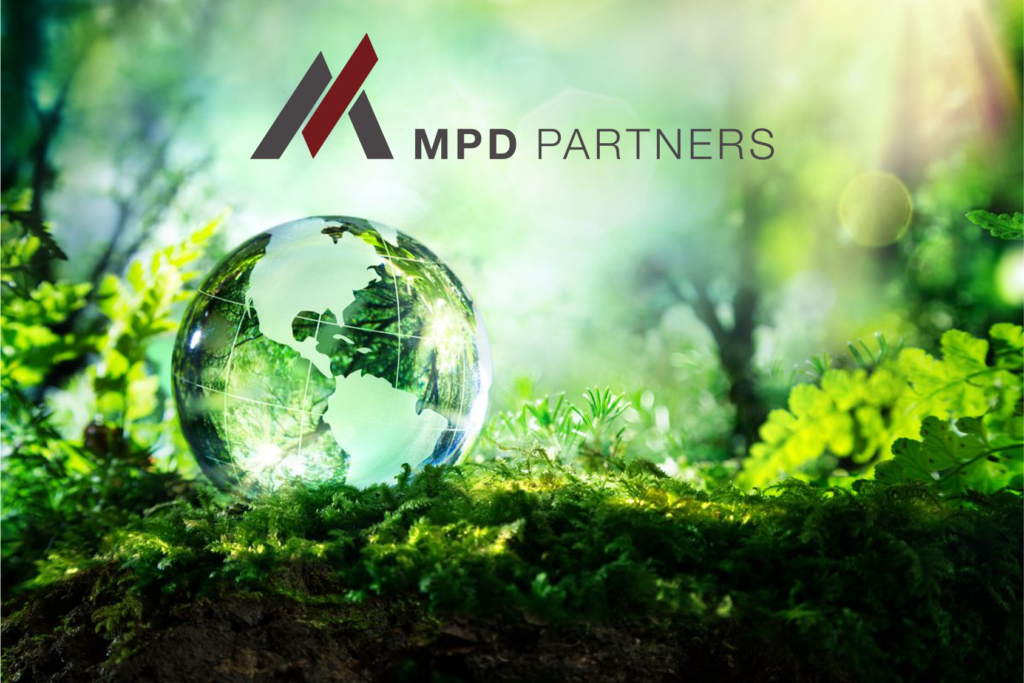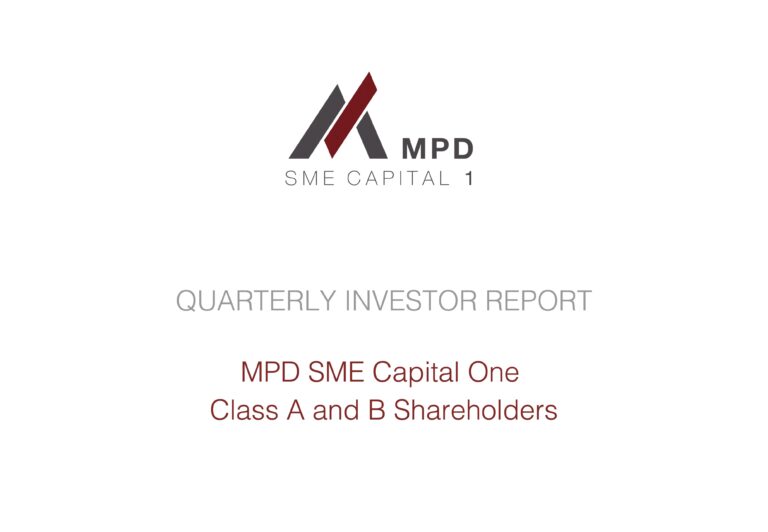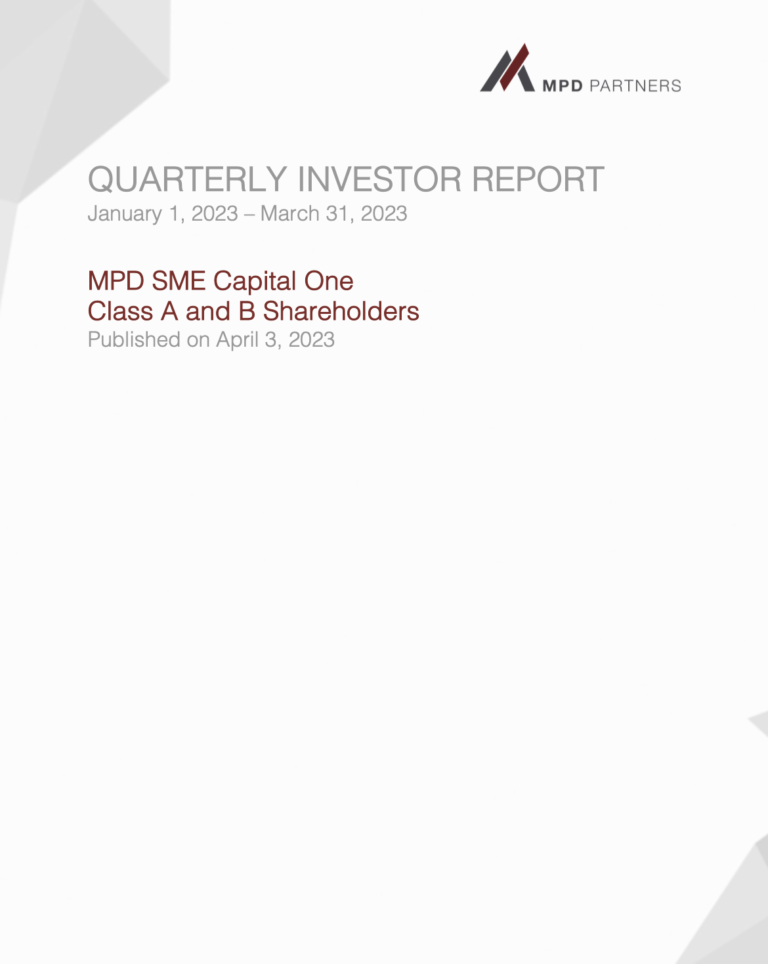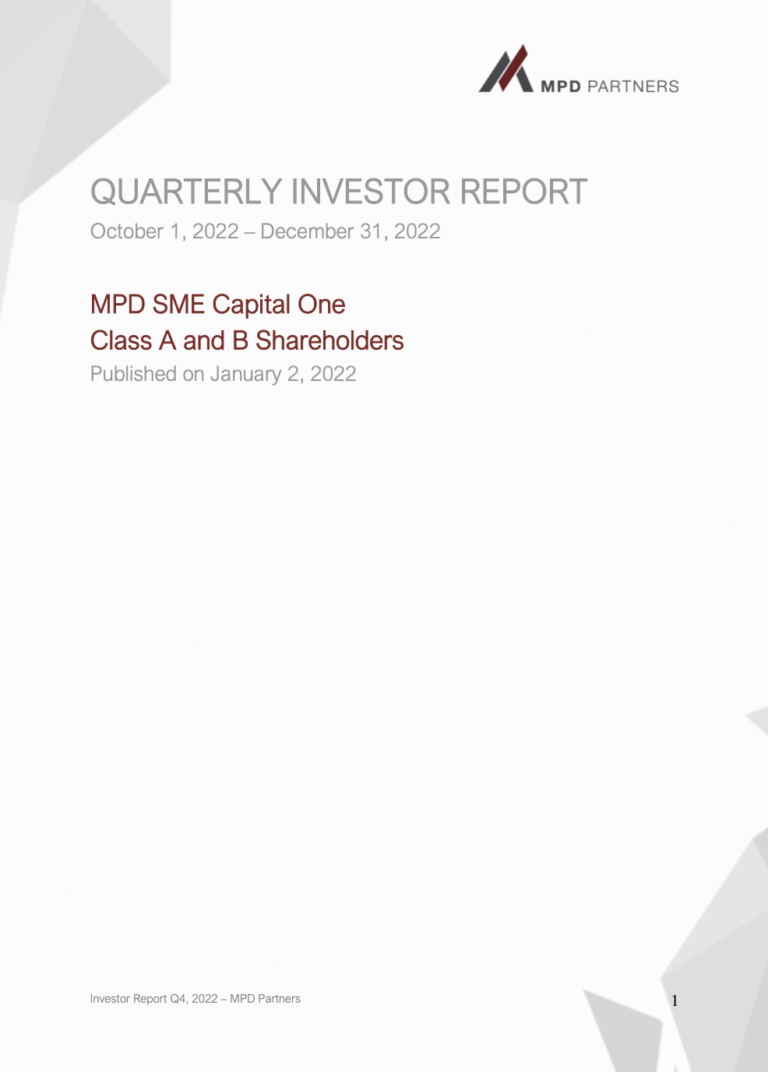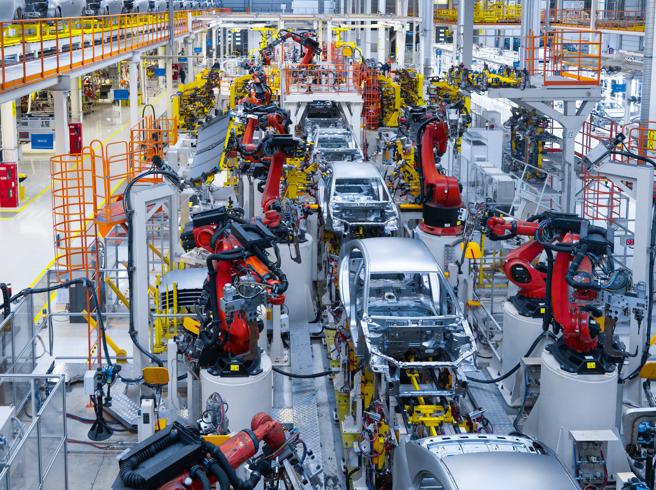The panel held on Saturday May 8th, 2021 at the annual shareholders meeting of MPD SME Capital One (MSCO) raises awareness on the usefulness of addressing Sustainability at SMEs level.
The message delivered by the panel was the role of capital, one of the main levers to stimulate sustainable practices and discourage unethical ones, together with the role of government intervention.
Five pan-European experts, working in strict relation with sustainability practices in small and medium enterprises, composed the panel:
- Andrew Zagorodnyuk, Chairman of the Board Centre for Defence Strategies – Founder and CEO of DII.ai – Ministry of Defense, Ukraine in 2019
- Lisa Ashford, CEO & Director at Ethex and Energise Africa
- Olga Zhminko, Sustainable Finance Champion at ING Austria
- Melanie Brooks, Head Of Sustainability at CARN Capital
- Reem El Saady, Regional Principal Manager for the SMEs Finance and Development (Advisory) Program for Egypt and the Levant at European Bank for Reconstruction and Development (EBRD)
On May 7th 2021, MPD Partners organized MPD SME Capital One (MSCO) Annual Investors Weekend. The program was arranged over three days and featured different activities, such as a keynote speech from Linda Dickerson Hartsock, Executive Director at Blackstone LaunchPad & Techstars, an online aperitif, quizzes, a business game, and a panel discussion regarding sustainability.
The five experts on the topic addressed some of the following questions: the difficulty of SMEs to “actually care” about sustainability, the role of MSCO in the transition to a more sustainable economy, the role of sustainability in SMEs strategy, the skills that a small player needs to succeed in this field and whether SMEs can promote government policies rather than just being affected by them.
MSCO is a Private Equity vehicle and, as its peers, its role in the transition to a more sustainable economy can be that of a pioneer in its size, by allocating its capital taking into consideration all the externalities and stakeholders involved in the project. Working conditions, waste disposal practices, CO2 emissions and alike should all be elements included in the investment evaluation process. Capital allocation must discipline the economy, and this applies also to the SMEs level that account for a vast majority of GDP in countries like Italy. MSCO must support good practices and increase the awareness among its portfolio companies. The direct implication is from the direct and indirect effect of government spending and capital markets, that privileged mid-large enterprises with high sustainability ratings: that comes in form of money and yes, it is a fact already. In addition, SMEs are often suppliers of these larger companies and the SME part of the value chain is, thus, heavily impacted by sustainability requirements.
But what about ethics? Basics of strategy, according to Porter, Powell and Christensen, insist on the coherency with corporate identity. Bottom line, the statement of Nestlé CEO on February 17, 2021 is applicable to SMEs too: “We don’t have to sacrifice shareholders to fight climate change”. And that comes with capital markets and government support, at least as far as the saga QE1, QE2, QE3, … QEn keeps going. The 2020 pandemics effect is definitely making that QE saga longer and the consequence on sustainability investing is becoming less of a long term / large corporate bet.
During the panel, SMEs competitive strategy and skills have been largely stressed as well. Indeed, the competition in the environment is too high for SMEs to focus their strategy on the topic of sustainability. However, several guidelines have been published by the authorities at National and European level, and SMEs must try to embrace them in a move that will not require neither a strong focus nor large efforts, in a push towards a more sustainable growth.
To conclude, sustainable practices are more and more needed in a world with limited resources. Governments started moving to be the first ones to act and increase awareness worldwide by introducing policies and subsidies regarding the matter, while SMEs must act to be an example for the community, backing State actions and embracing the change that a more sustainable attitude would require. Consumption is already moving toward sustainable products even in the smallest supermarket: isn’t that a sign?

